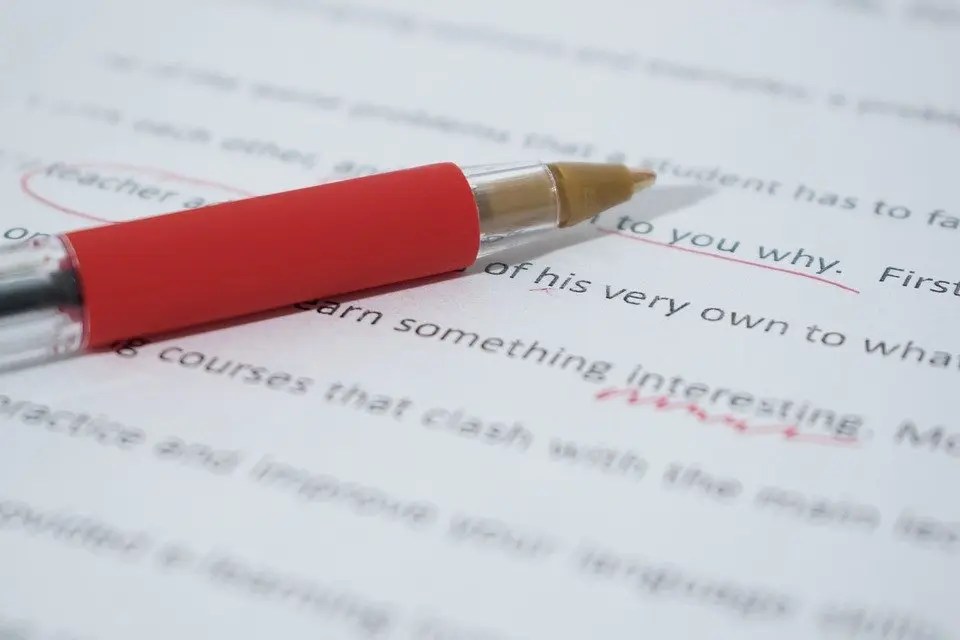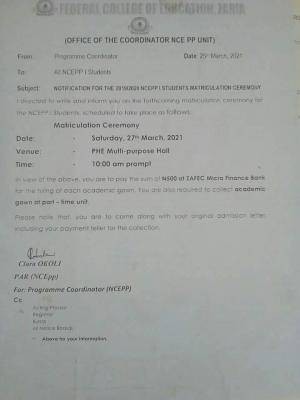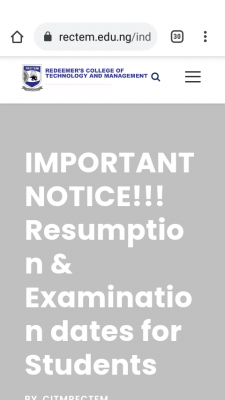
Essays are an essential part of a student’s routine. Even though many young people do not understand the necessity of writing papers, the purpose is straightforward: by writing, a student develops critical thinking, vocabulary, and research skills. That is why there is a wide array of paper types with unique goals, structures, and rules.
For instance, descriptive essays aim to give a clear picture of a specific item, whether material or non-material and explain its functions. In turn, a compare and contrast essay analyzes two attributes, evaluates which element is the best, and provides arguments for choosing a specific item. Or, for example, an argumentative essay. This type tends to be the most in-demand these days. Investigating a topic, you gather data, process it, and define a position shortly. In collaboration with qualified writers from WriteMyEssayOnline, we are ready to provide you with a full-fledged guide on how to write a peerless argumentative essay.
Argumentative paper – definition and purpose
Argumentative essays aspire to reveal the topic and usually call for rigorous research, including analysis of literature and scholarly sources. Also, they require an empiric approach, i.e., analyses conducted by students. These can be different interviews, polls, surveys, experiments, observations, etc. The more a student is dedicated, the more data he/she can process and deliver a great paper in the long run.
However, one may claim that an argumentative essay doesn’t differ from an expository one. This is true, but only at first glance. If to identify their functions, purposes, and structures, it becomes apparent that an argumentative paper requires more meticulous research and a more rigid pre-writing procedure. In other words, an argumentative essay should rely on more credible and detailed data than an expository one.
Step 1 – Research the topic
Before writing, you have to be sure you have found relevant sources. When you know the topic, proceed to look for scholarly material either in your local/campus library or on the Internet. If you choose the second option, ensure surfing credible web pages, such as Google Scholar, ResearchGate, JSTOR, Academia.edu, and other websites with .edu and .gov domains. Once you find authoritative books, articles, or journals, you can start writing your paper.
Step 2 – Start with a compelling introduction
The first paragraph of your argumentative essay must draw the reader’s attention and make him/her read on. Here, you should include some background information to set the context and introduce the topic to the audience. The next thing you should do is to explain the importance of the subject. Make this sentence concise and tell why readers should listen to you and remember the following content. The last sentence of the introduction must be a thesis statement. It goes without saying that the introduction is the most crucial part of your essay, as it portrays arguments you will develop further on. A thesis statement must be condensed but accurate.
Step 3 – Tie each essay part up
Make sure the introduction, body, and conclusion have a flow of logic. Transition phrases serve as glue and help to unify the overall text. Insert transitions in the last paragraphs’ sentences to summarize the section’s idea and introduce the reader to the following paragraph.
Step 4 – Include academic sources in each body
As we have already defined, you need to find reliable sources to make your paper look well-researched and professional. As a rule, an argumentative essay has to have three body paragraphs. If the requirements do not state otherwise, you have to follow this rule. Each of your body paragraphs must discuss one conception. This will prevent the readers from confusion and help to build a chain of ideas that lead to a thesis statement, where these ideas are incorporated.
You have to include one source per paragraph, which means that if you are assigned a 500-word argumentative essay, you should find three sources and include them in each of your body paragraphs. And most importantly, do not forget to state why a specific textual, visual, statistical, or logical evidence pertinent. Plus, state how it correlates with the thesis statement. If you don’t explain the significance of the proof, it won’t be taken seriously.
Step 5 – Consider explaining two sides
If you want your paper to get the highest grade, you don’t have to stick to one side solely. On the contrary, you should dedicate one paragraph to describe some conflicting aspects that people tend to ask. Because this is an argumentative paper, you should explain why these opposite views are wrong or eventually outdated.
Step 6 – Do not reiterate a thesis in a conclusion
When composing a conclusion, try to synthesize the information written in the body. It would be best if you didn’t repeat the thesis word-for-word. Nor must you add any additional information. Keep it simple, emphasize the topic’s importance, provide the focal points stated in the thesis, and explain them with the examples briefly. Moreover, you are highly encouraged to identify the significance of consecutive research based on your work.
During the writing process, imagine that you have to write a persuasive speech for debates. Indubitably, if you end your argument in the middle of a paragraph, the audience will question your preparation and competence in this topic. That is why try to make your points clear that won’t cause any questions.
Key Takeaways
- An argumentative essay requires detailed research and investigation of the topic and its analysis. This helps to determine the topic’s function and significance.
- An argumentative essay should have a clear and informative introduction, where a person can get background information and find out why the topic is significant.
- Try to include transition at the end of every paragraph to increase the paper’s readability and make it cohesive.
- Each body paragraph must have credible data with your comment on why it is relevant to the topic.
- Do not rewrite the same thesis statement in conclusion. Wrap up the main points and explain why your paper is worthwhile.




